The Green Road to Legality
"For decades, cannabis could be easily purchased, and was touted by pharmaceutical companies as a ‘wonder cure’ for menstrual pain, headaches, nausea, and other afflictions."
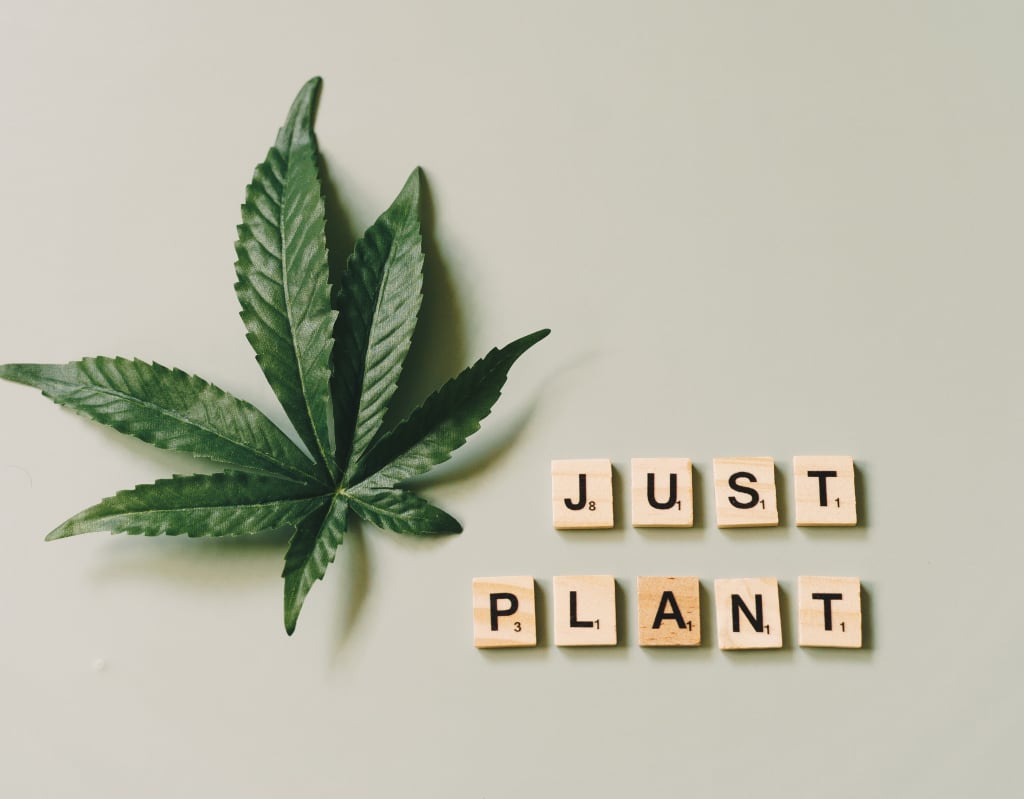
In the same week Germany legalised the recreational use of cannabis, the British police decided to change their approach to the 'war on drugs' by targeting users instead. Although I can see the logic behind this idea (especially for Class-A's), I fear it will only criminalise cannabis users, especially disabled people like me, who use it for medical purposes. One in five people in the U.K has a hidden disability, ninety per cent of which do not require a wheelchair. I just know that we will be the ones targeted first - the vulnerable. We always are, and the British state has forever had that attitude towards disabled people. Easy targets.
While other places in the world are beginning to legalise it, more and more so over these past few years: The Netherlands, Canada and now Germany, not forgetting a few states in America of course. The cannabis conversation raises a few questions: 1) Why is a plant illegal? 2) What is the history of cannabis? 3) How many countries in the world have legalised the medical and recreational use of cannabis?
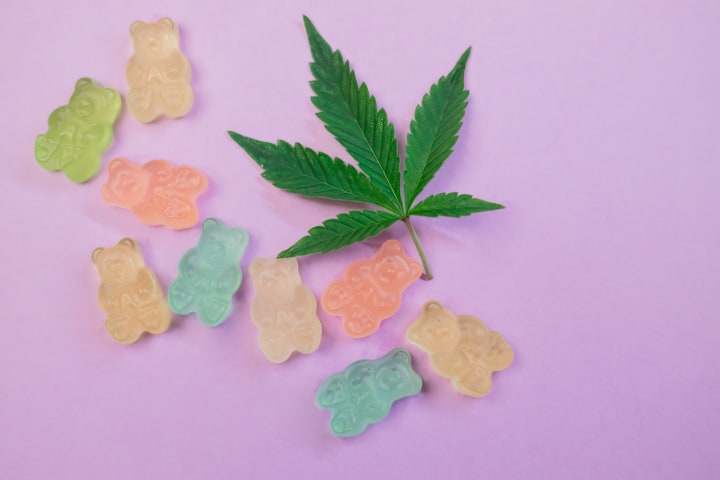
I am British, which is something I cannot be proud of at this moment in time, I just can't. (If I could walk around with my 23&Me all day I would, but anyway, I digress). For this reason, I am going to answer the questions above and consider possible answers, and solutions to those answers to understand why, Britain, a country that produces the most cannabis in the entire globe (only importing roughly 2%), is now changing its attitude towards the plant.
"Cannabis policy in the UK is largely contained to the past century, but the drug was known to the medical community for at least 60 years before that. Its earliest clinical appearance was in an 1843 medical article reporting its effectiveness for a wide range of conditions, including cholera, tetanus, joint pain, and – most relevantly – a 40-day-old infant suffering from constant seizures.
For decades, cannabis could be easily purchased, and was touted by pharmaceutical companies as a ‘wonder cure’ for menstrual pain, headaches, nausea, and other afflictions."
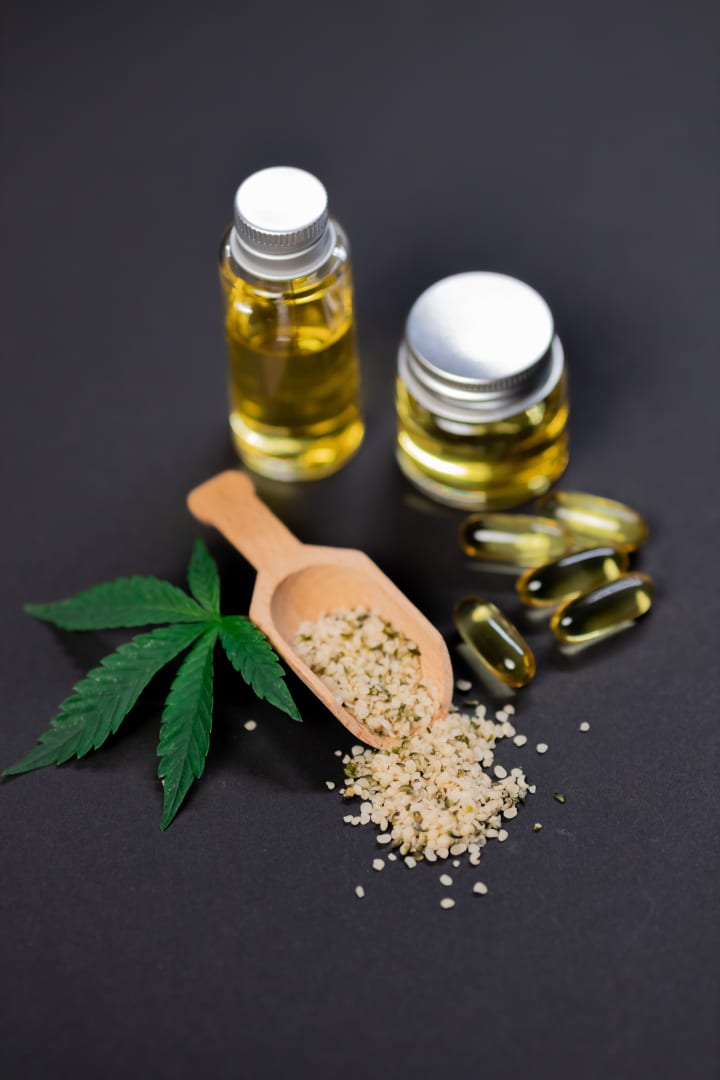
'Good for joint pain,' you say? Well, well, well, history really does repeat itself, because that's exactly why I smoke it! (You Can't Spell Healthcare without THC). So how in short of two hundred years how have we changed our attitude, (our - meaning state)? Well, you will never believe it...
"It wasn’t until 1928 that cannabis became a prohibited substance in the UK, when mounting racist fears regarding the drugs’ social influence among people of colour led politicals to criminalise it across occupied territories, and then eventually in Britain itself.
Politicians in the late 19th century had become obsessed with what they claimed was madness caused by cannabis in the colonies, or as one MP put it, that the “lunatic asylums of India are filled with ganja smokers”.
An official inquiry in 1894 finally proved no link between cannabis and mental health or anti-social behaviour in India, but the British government still tried to ban it four times before the turn of the century."
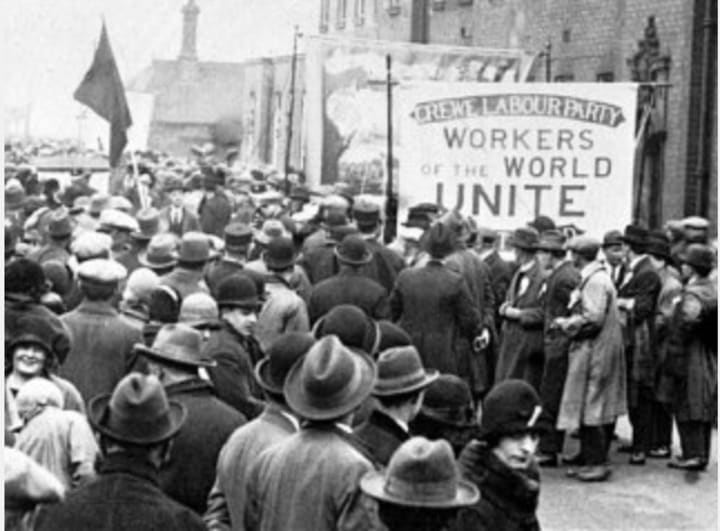
Yes, you guessed it, good old-fashioned racism! And it wasn't just in the 1920s, it also happened again in the 60s when the young-white, middle class started indulging too, causing societal problems. For the British government, racism justified their attitudes towards cannabis, but as James Mills in Cannabis Nation, says cannabis is a symbolic social rebellion in the U.K:
"The “counter-culture” with resistance to British social norms “at the time when the Empire was in decline and the politics of imperialism was being rejected."
Smoking weed was a way to get back at stuffy British society, and the government absolutely hated it."
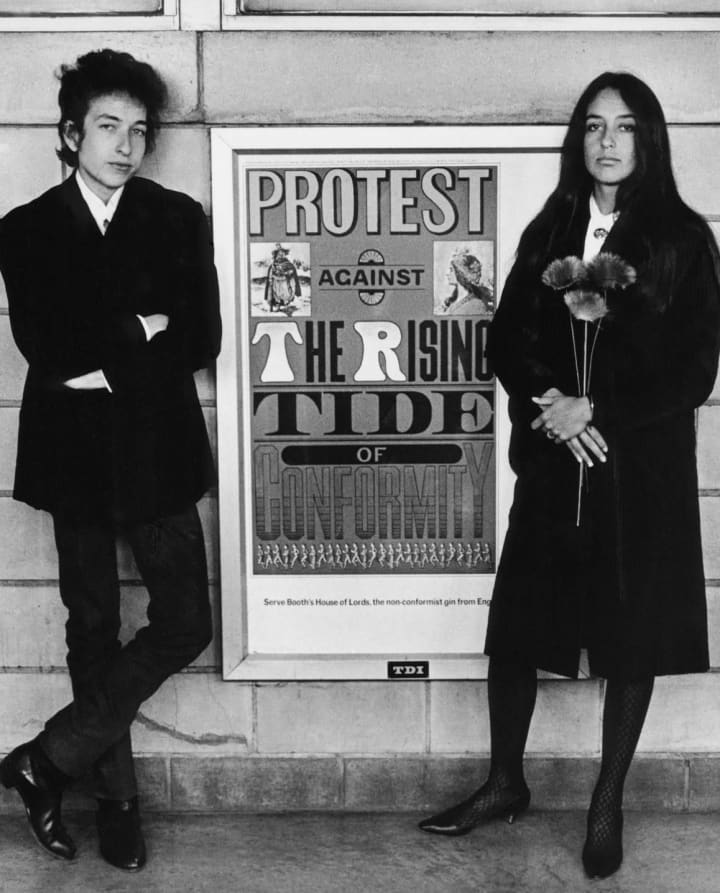
Cannabis culture influenced a lot of artists and musicians in the U.K, especially in the 1990s with The Specials - Ghost Town, a mix between Britishness and Reggae. And it's all because of a plant? Amazing. However, the British government insists it is harmful under the Misuse of Drugs Act 1971, keeping it as a Class-B drug, (A being the most harmful, C the least), with talks of wanting to put it into a Class-A group with the likes heroin, or meth. I mean comparing cannabis to heroin is like comparing a nerf gun to an AK47, to be honest, but hey ho.
Okay, so quickly moving on. What about the plant's history? What is the story of Mary-Jane? Well, according to historians, cannabis's first recorded of usage was around 12000 years ago in Asia, and you'd never guess what for. Medicinal purposes!
"The use of cannabis originated in central Asia or western China. Cannabis has been used for its alleged healing properties for millennia. The first documented case of its use dates back to 2800 BC when it was listed in Emperor Shen Nung's (regarded as the father of Chinese medicine) pharmacopoeia."
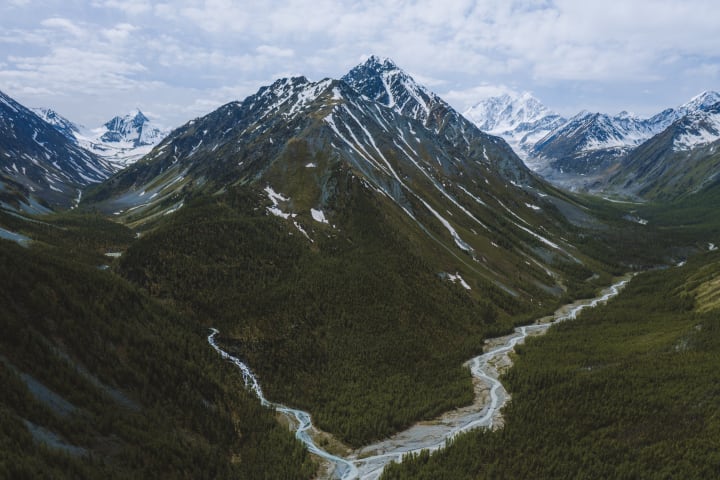
Fast forward today and:
"Chronic pain was and remains a major area of medical cannabis research: chronic pain conditions are notoriously hard to treat and manage, even with opiates, and cannabis has been widely (unofficially) used by patients with conditions like fibromyalgia and MS for decades.
A 2014 survey from the UK’s MS Society suggested that around one in four people with MS uses cannabis to ease their symptoms, particularly stiffness and muscle pain."
There have been reports of cannabis fragments from Viking longships and former settlements, probably to help with the cold as well as medical usage. There were also fragments of weed leaves found in Shakespeare's smoking pipe, with some reports suggesting he also grew the stuff in his back garden. Some people believed it was to help him and his writing, and as a writer and smoker myself, I can concur. I call this a side-effect because it's medical reasons why I'm smoking it, the creative buzz is an added bonus.
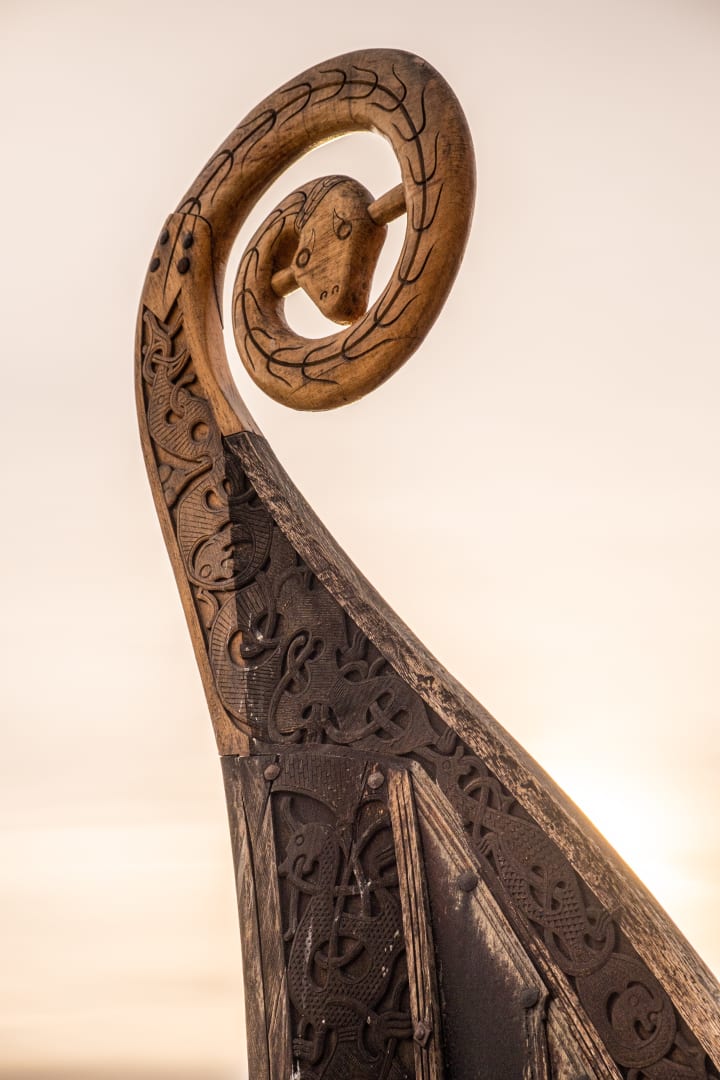
Okay, so racism, 12000 years of history, and boom we are here, so how many countries in the world have actually legalised cannabis, whether medical or recreational?
Uruguay was the first country in the world to fully legalise cannabis for recreational use in 2013. Cannabis is reportedly only available at pharmacies and requires registration, which is not available to tourists, but pharmacies still often sell out. Georgia was another country that was one of the first also to legalize recreational cannabis. However unlike Uruguay, possession and consumption are legal, but cannabis sales are still prohibited, so the industry as a whole remains largely underground.
Over in India, most forms of cannabis are illegal except for the edible processed form of bhang. Bhang is an edible preparation made from the leaves of the cannabis plant originating from the Indian subcontinent. It has been used in food and drink as early as 1000 BC in ancient India.
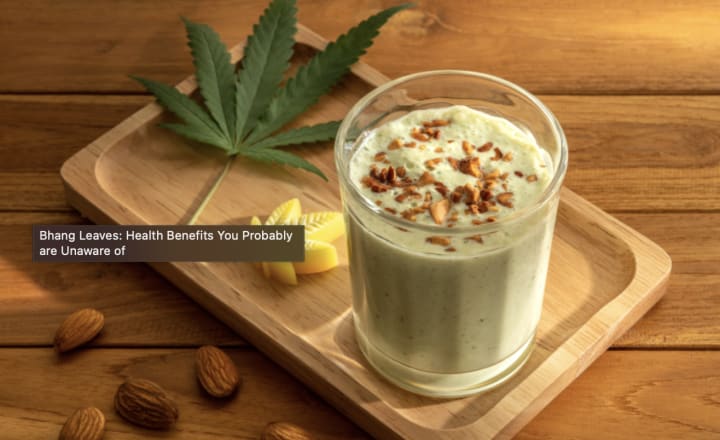
In Canada, both THC and CBD cannabis products are heavily regulated in Canada, including their marketing and advertisements, otherwise, recreational use is legal. In the U.S it varies from state to state, while in Spain, cannabis is legal only in the Northern region of Catalonia.
Whereas Thailand users may cultivate up to six plants for personal use. Oils and tinctures with more than 0.2% THC are still illegal unless prescribed. Approximately there are twenty-eight countries have legalised cannabis to an extent, while other nations like New Zealand have only legalised it for medical purposes.
In 2018, the U.K also legalised medical use (s0mewhat), but as I said at the start of this article, I fear that I will be targeted, and the attitude is taking a new classist approach instead of the usual racism (as if its any better or worse, but you get my point it's discriminative). You see the white working class are the only group in British society that everyone can openly ridicule without any consequences, just take a look at Channel 4's documentary on The Jeremy Kyle Show, or Benefit Street you will be shocked, and disgusted.

We all know in reality why they avoid legalisation, and it's because some of our politicians have shares in exports of cannabis, and if it were to be legalised, they would lose money. So I sit worried, with my incense on eyes burning, candles lit, doors blocked up, airwick sprays going off every ten minutes or so placed in a way that when you walk through the spray will hit you straight in the face, all because of some greedy person who will never have to live a day in my shoes.
Wow, just wow, and if you happen to work for the police I want you to know, you aren't protecting or serving anyone but the elite. You're their pawn. They do not care for you, you are nothing but a badge number and a uniform. You are betraying the people you have sworn to protect and serve. Going after users you will do nothing but criminalise ordinary people. You will make disabled people into criminals, but I guess that's what you want right? More of a reason to keep us locked up indoors separate from society ey?
Not only that but we already don't trust the police as it is (especially us women, Sarah Everard a woman killed by a police officer; we will never forget this name) and this will drive the untrust even further. Creating more and more divisions and potentially actual criminal activities. I just don't see this going so well. I just don't.
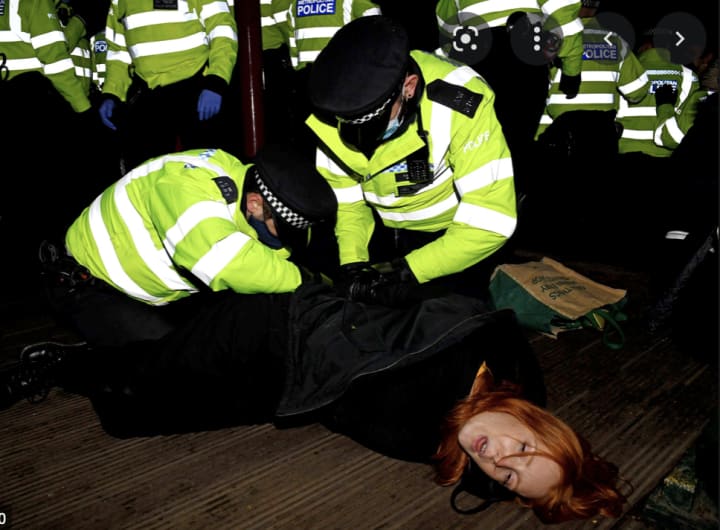
Additionally, we are nature, as is cannabis, and the idea that something that is natural is illegal baffles me, just as not having the right to roam does or even illegal immigrants. Imagine telling people on their own planet where they can't go simply by labelling them as 'illegal', it's actually insane when you really really think about it, it's utter f***ing madness.
Anyway, to summarise, cannabis isn't going anywhere, and neither is people's usage. It has a long history that we are not off! Its cultural impact on some nations like India is proof this plant is universal and does help a lot of people. Cannabis isn't for everyone, but neither is penicillin, and people like me shouldn't be made to feel unsafe, and criminalised for simply waiting for pain relief. It's 2022, something has got to change!
Don't forget to leave a like and subscribe, stay safe, stay hopeful, and stay blessed!
@NuttallJasmin
References:
https://www.dazeddigital.com/life-culture/article/43726/1/medicinal-cannabis-legalise-uk-law-drugs
https://petition.parliament.uk/petitions/300201
https://sslh.org.uk/2016/04/24/mapping-the-1926-general-strike/
https://www.livescience.com/65940-were-vikings-smoking-pot-in-newfoundland.html
https://www.sydney.edu.au/lambert/medicinal-cannabis/history-of-cannabis.html
https://www.healthline.com/nutrition/bhang
https://worldpopulationreview.com/country-rankings/countries-where-weed-is-illegal
https://www.healthkart.com/connect/bhang-leaves-health-benefits-you-probably-are-unaware-of/
About the Creator
Rosie J. Sargent
Hello, my lovelies! Welcome, I write everything from the very strange to the wonderful; daring and most certainly different. I am an avid coffee drinker and truth advocate.
Follow me on Twitter/X @rosiejsargent97






Comments
There are no comments for this story
Be the first to respond and start the conversation.